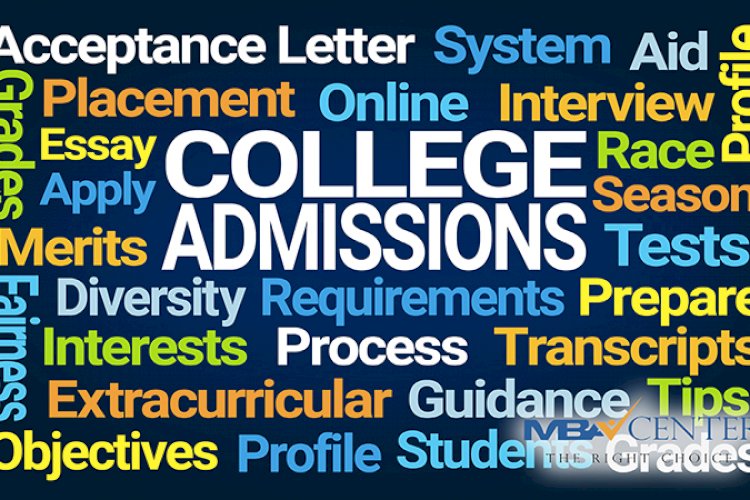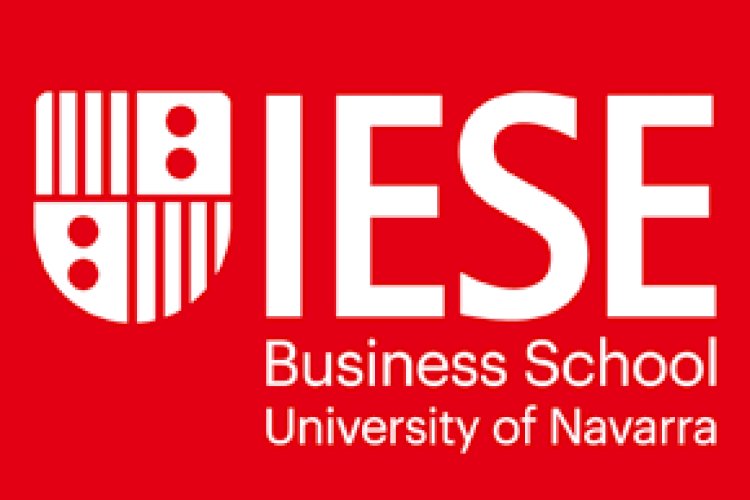
A Master’s degree is one of the most beneficial degrees to hold. However, choosing your field of study for the Masters is a tough ask for anyone. There are multiple factors you need to keep in mind when you make these decisions. In this essay, we will outline some of them for you.
-
Understand your motivation:
One of the most common mistakes that people make is choosing to do a Masters for the wrong reasons.
First of all, ask yourself why? Why do you want the degree?
Will it help you progress in your career, is it a requirement for your field, or do you just want to learn more in the field?
Your answer will help you determine which course will fit your path.
MBA Center Europe founder Dr. Hubert Silly believes that applicants should always think about their motivations before choosing their course.
“It will not matter if the course you choose isn’t mainstream. What matters is if the course is what you require for yourself.”
So think well and choose well.
-
Research your options:
This is the most common advice everywhere but it is also one of the most important ones.
Combing through the school website is not enough research.
Look for student blogs, alumni newsletters, reviews, student platforms and try to get in touch with students at the school.
Check out the university and the department. Research a bit on the professors. Check the profile of the school on a national and international scale. Check out the research facilities available and the output therein. Also, check the employment rates and success stories of the department. It is important to focus on the department rather than the whole university when you do the fine-tuning. You will be able to grasp more clearly what you will gain from them as a postgraduate student.
-
Meet the lecturers:
Open days and graduate fairs are a great opportunity to meet the lecturers and get to know the people in charge of the academics at the schools.
This might give you valuable insight into the school right from the horse’s mouth and you might be able to assess how well you will get along with others at the school, including the professors and supervisors.
Moreover, getting acquainted with the staff will give you an edge and work in your favor when you apply as it points to your enthusiasm for the school and admission officials will definitely recall your motivation when you do get called in for an interview.
-
Assess your finances:
Master’s degrees are generally not a cheap option. It is important that you assess your financial status before you think of applying to courses.
It is important to pay attention to the financial aspect of your application as it might be the one factor that could jeopardize your plans.
There are numerous scholarships and loans available to students. But you need to analyse them against the sots of the school including accommodation and living too.
It would be a good idea to talk to the university officials directly to see what options are available. Try to source external funding if you can, and try and take advantage of every possible opportunity for financial aid.
-
Consider the course length and mode of teaching:
Even though most postgraduate degrees are a standard 1-2 years, there are some courses that may be anywhere between 6 months long to 5 years long. It is necessary that you gain a clear picture of this aspect of the course. The length of the course might also influence how it is viewed in professional circles. A short masters runs the risk of not being recognized.
While looking up the course it is also recommended that you analyze the structure and delivery method of the course at the school you hope to attend. Think through your needs and requirements from the course and see if they correspond with what the course offers.
-
Analyze the course against your strengths:
This might sound very old school but analyzing your strengths and weaknesses against what the course offers is an eminently practical way of understanding what you might gain from the program. Try and play by your strengths as much as possible. For example, if you are more a practical approach based student, try to look for courses with less theoretical frameworks and vice versa.
-
Consider the location:
Bear in mind you will be spending the next few years of your life at your school of choice. It is only natural to want to be in a place where you might feel at ease. Once again, look into your personality and decide whether you can live it out in the environment around the university. For example, if you prefer the city, would you be comfortable in the quiet countryside that your university might be located?
In another scenario, a Master’s degree might be a brilliant opportunity for international exposure. You could apply to courses abroad and immerse yourself in an entirely foreign culture while also gaining the education you seek. Such experiences are highly rewarding on a personal level and greatly valued by recruiters and prospective employers.
-
Read the fine print:
Do look up at the other important details of the course that would be easy to overlook. For example, find out the availability of study, library or its services. Look up teaching facilities, the student to teacher ratio, the size of your classes, the method of teaching, etc. All of these are factors that will prove to have a great impact on the quality of your studies. So make sure to research beforehand.
-
Check the requirements:
After the excitement of finding the perfect course, many students have been disheartened to find that they do not meet the requirements for those courses. It is important that the first thing you should do is find out if you are eligible for the course. If the answer is no, find out if there is a way to improve your standing. Look at options in your career or extracurricular that might appeal to the school. Look up short courses and modules which could help you gain eligibility. Such motivation and determination will surely be noticed and you might just get the dream break you were hoping for.
Choosing a Masters requires great thought. It is a huge investment and commitment that you will make. Keep researching and ensure that you make an informed and educated choice. All the best for your choice!
About Hubert
Hubert (Hubert@mbacentereurope.eu) is the Founder of MBA Center, an elite test prep and admission consulting organization collaborating with the best test prep centers in Europe and India. Over the last 24 years, Hubert has developed the World MBA Tour and co-founded ACCESS MBA. Hubert’s passion is teaching, though. Holder of a perfect 800, Hubert has trained thousands of GMAT students, written and developed over 50 TOEFL, TOEIC, IELTS, SAT, and GMAT prep books, software and e-learning platforms.
Hubert has the most impressive track record in the industry with 3,000+ MIM, MIF, MBA, EMBA, and Ph.D. students accepted in the best universities in the world:
 MBA Center Global
MBA Center Global 























